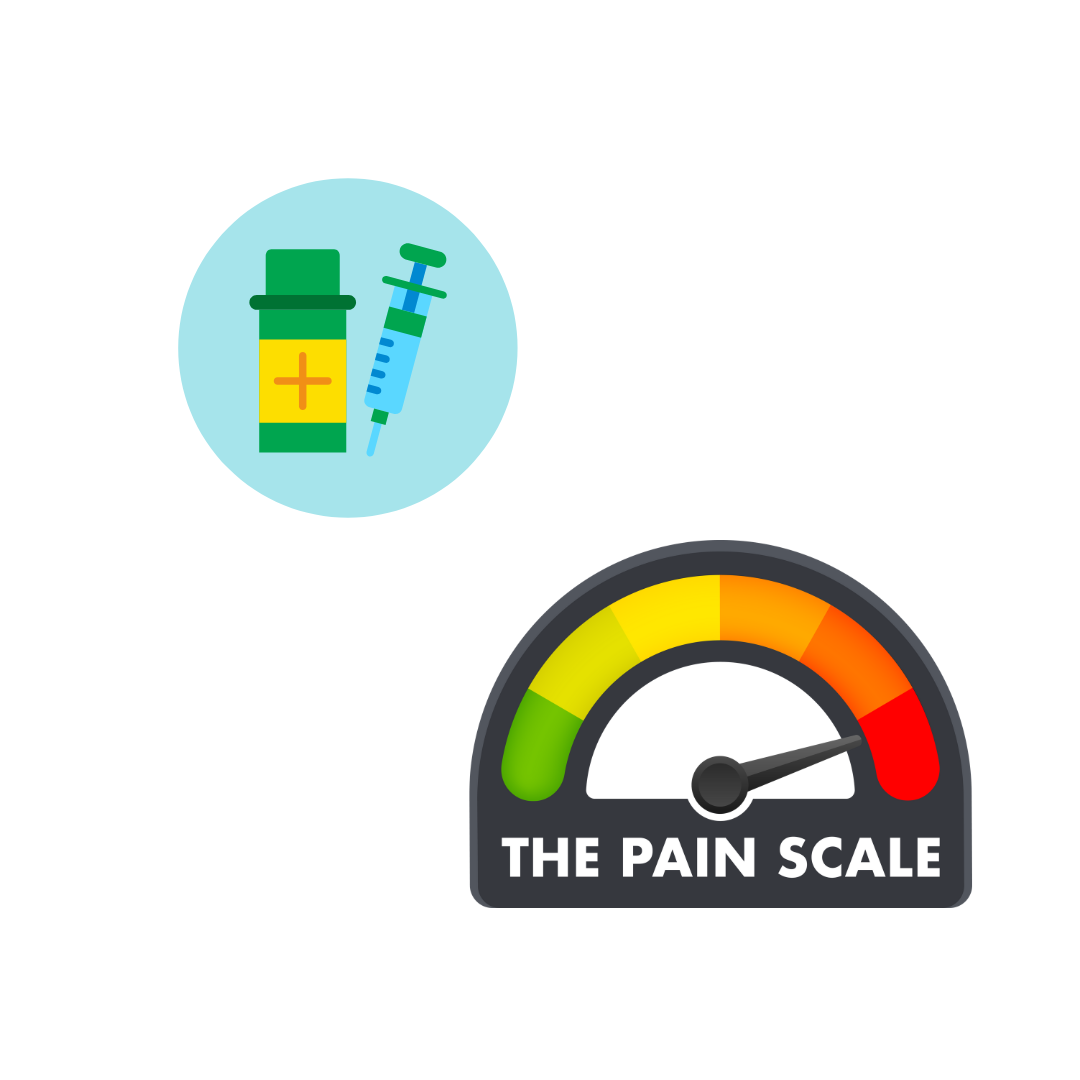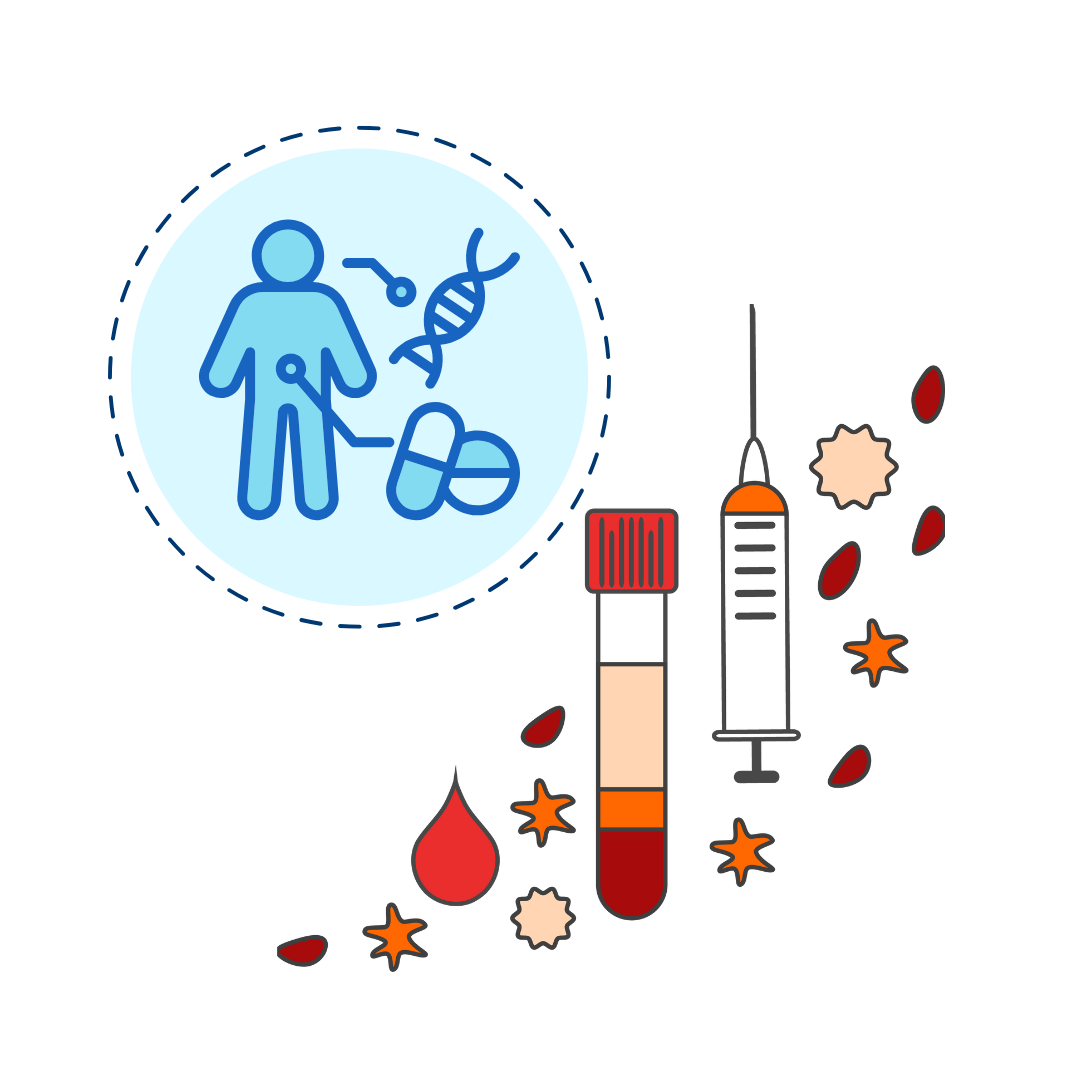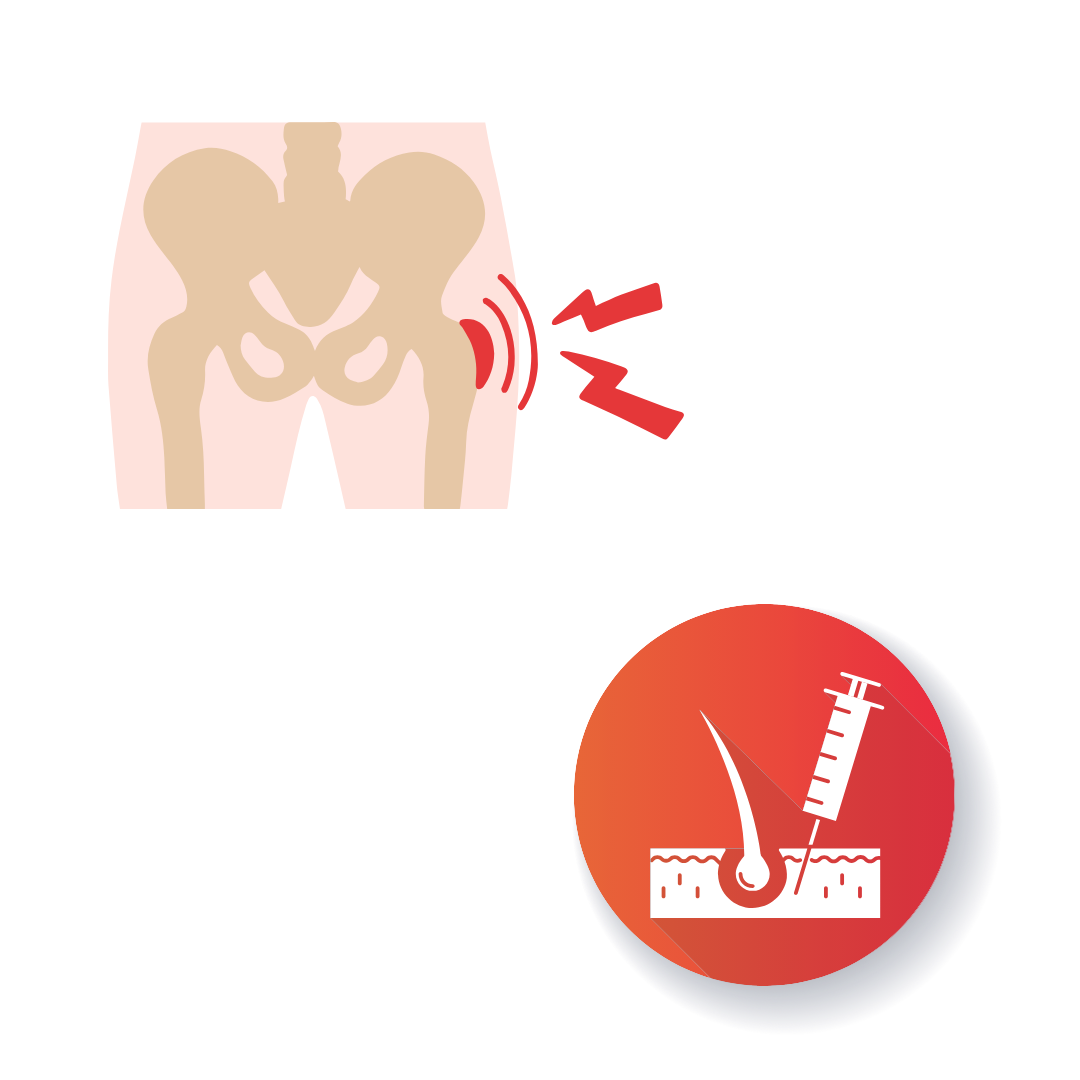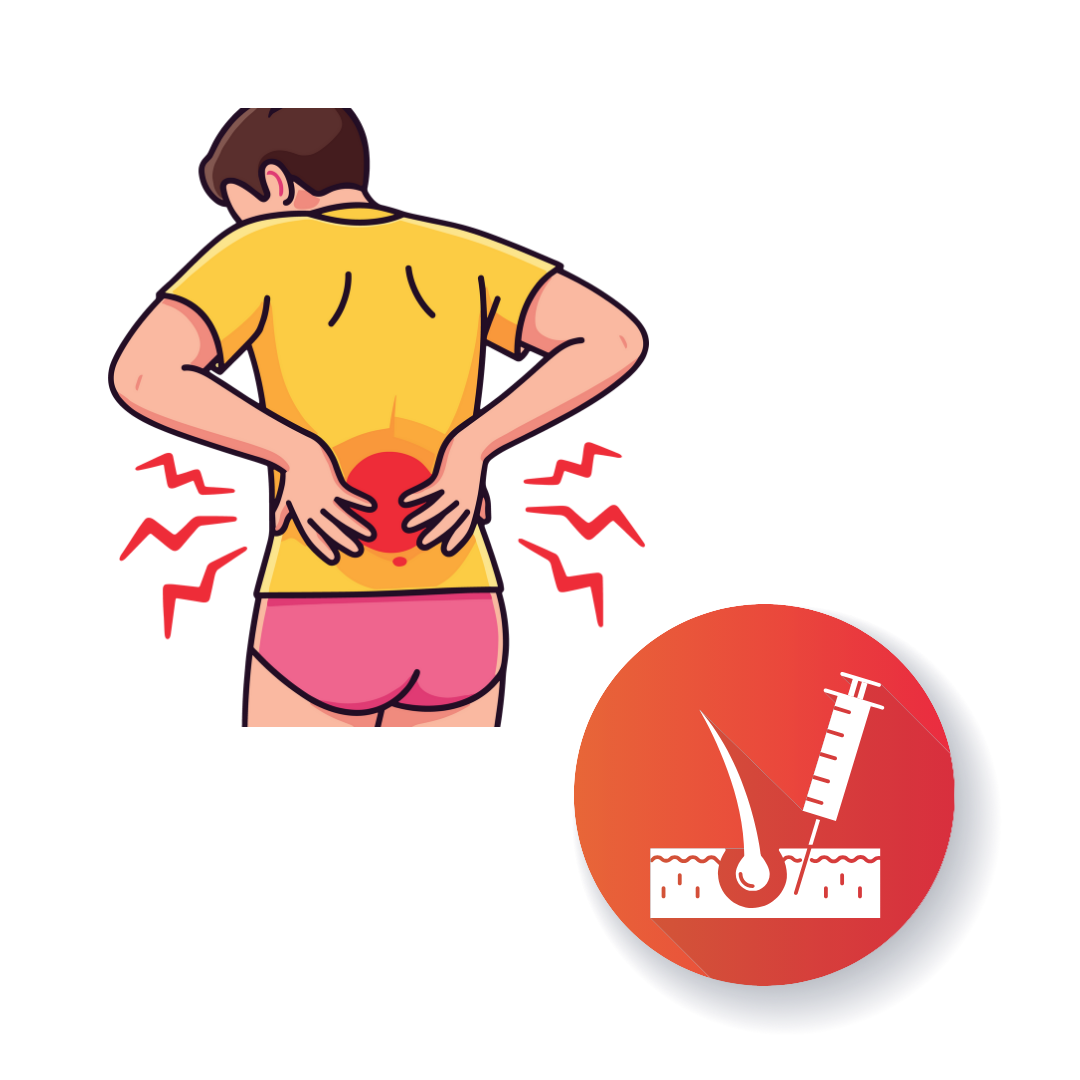Blog

Living With Long-Term Widespread Pain May Increase the Risk of Memory Problems and Dementia
A large research study suggests that people who live with chronic widespread pain—pain that lasts for months and affects many areas of the body—may face a higher risk of memory problems and dementia later in life. Using data from the UK Biobank, researchers found that individuals with long-term widespread pain were more likely to develop thinking and memory difficulties over time compared to those without chronic pain. While this does not mean pain directly causes dementia, experts believe long-lasting pain may affect the brain through inflammation, poor sleep, reduced activity, and stress. The findings highlight the importance of taking chronic pain seriously—not only to improve daily comfort, but also to support long-term brain health.
Read More
A Common Pain Drug Offers Little Relief — and Comes With Real Risks
For many people living with chronic pain, tramadol has long been seen as a safer, middle-ground option for relief. But a major review of the evidence suggests that belief may be misleading. The researchers found that tramadol offers only small improvements in pain, while raising the risk of side effects ranging from nausea and dizziness to more serious health problems. In simple terms, the pain relief it provides is often too limited to make a meaningful difference in daily life, while the potential harms are real. These findings suggest that tramadol’s widespread use deserves a closer look and that people with chronic pain may benefit from safer, more comprehensive approaches to managing their symptoms.
Read More
Why PRP Works Differently for Different People: Toward Personalized Pain Treatment
A widely discussed 2025 review published in the Journal of Pain Research helps explain why platelet-rich plasma (PRP) works extremely well for some patients—but less so for others. The authors describe how PRP delivers very high levels of the body’s natural healing signals, which guide injured tissues through the normal stages of repair. However, the review also shows that people differ biologically, meaning not everyone responds to the same PRP dose in the same way. Importantly, the study highlights that using higher platelet concentrations can help overcome this variability, increasing the chances that even “low responders” receive enough biological signals to trigger healing. In simple terms, this research supports a move away from one-size-fits-all PRP and toward personalized, precision-based regenerative care—where dose and preparation matter just as much as the injection itself.
Read More
PRP Shows Promise for Hard-to-Treat Hip Arthritis
A rigorous clinical trial published in Journal of Hip Preservation Surgery found that platelet-rich plasma (PRP) injections significantly reduced hip pain in patients with osteoarthritis caused by developmental hip dysplasia—a condition that is often difficult to treat without surgery. After six months, patients who received PRP reported nearly double the pain improvement compared to those treated with hyaluronic acid (a common joint lubricant injection). This is especially important because the hip joint is deep and under high pressure, making many injections less effective. The study shows that when PRP is prepared and delivered properly, it can remain active even in challenging joints like the hip, offering patients a non-surgical option for meaningful, longer-lasting pain relief in complex hip arthritis cases.
Read More
PRP vs. Cortisone for Chronic Low Back Pain: A Shift Toward Regenerative Spine Care
A landmark clinical trial published in Interventional Pain Medicine found that platelet-rich plasma (PRP) injections provided longer-lasting relief than cortisone for chronic low back pain coming from the spine’s facet joints—a very common cause of persistent back pain. In this carefully designed study, patients who received PRP experienced better pain control, improved daily function, and relied less on additional pain medications six months after treatment compared to those who received steroid injections. Importantly, PRP was shown to be just as safe as cortisone, even when injected into the small joints of the spine. These findings suggest that while steroids may calm inflammation temporarily, PRP may help support longer-term healing, offering spine patients a regenerative option rather than repeated short-term fixes. .
Read More